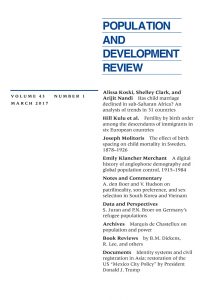How to make sense of the debate on “study drugs”?
“Medicalization“ as a theoretical concept has received much attention in sociology throughout decades and people’s drug use is a social phenomenon investigated from different perspectives in the social and life sciences. Research on “study drugs” is an area where many of these perspectives converge – not only because it prompts us to reconsider the treatment/enhancement distinction. In this article, Stephan Schleim describes how the topic of (allegedly) performance-enhancing drugs has fascinated him since high school. When scholars started discussing this...



















1468-0491/asset/society_affiliation_image.gif?v=1&s=859caf337f44d9bf73120debe8a7ad67751a0209)
